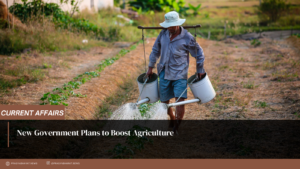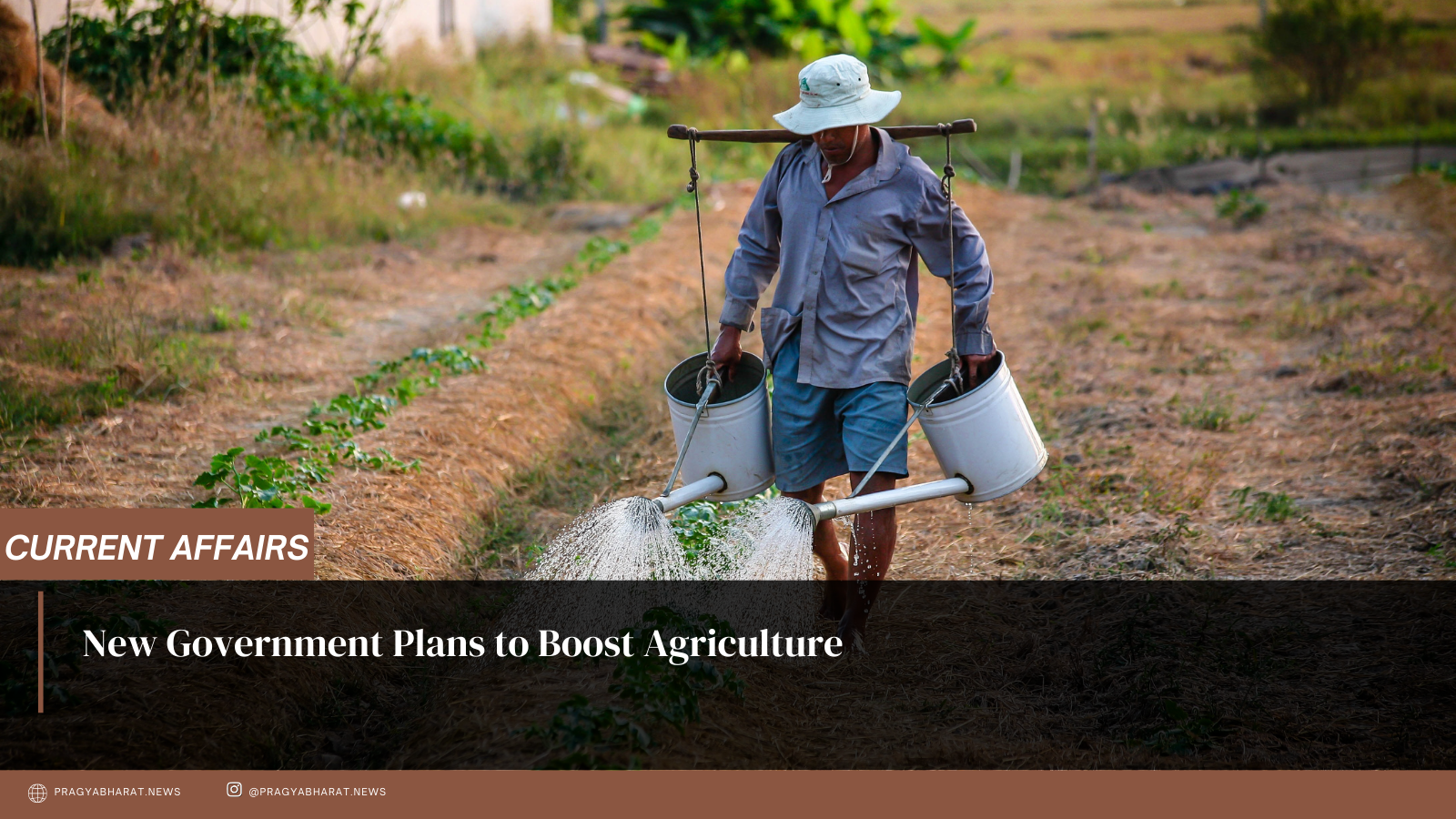The government has introduced several new plans to improve productivity and resilience in India’s agriculture sector. These efforts aim to help farmers, increase crop yields, and make farming more sustainable.
One major initiative focuses on agricultural research. The government will review current research to better understand how to increase productivity and develop crops that can handle climate changes. As part of this, 109 new varieties of 32 different crops, including field and horticulture crops, will be released. These new varieties are designed to give farmers better results and adapt to changing weather conditions.
In another significant move, the government plans to introduce natural farming to 1 crore farmers over the next two years. This will be supported by certification and branding to make the transition smoother for farmers. Additionally, 10,000 centers will be set up to provide bio-input resources, which are essential for natural farming.
The government is also focusing on pulses and oilseeds. A plan is being developed to make India self-reliant in producing oilseeds like mustard, groundnut, sesame, soybean, and sunflower. This will help reduce the country’s reliance on imported oilseeds.
For vegetable production, large-scale clusters will be set up near major consumption areas. This will make it easier to grow and supply vegetables. The government will support Farmer-Producer Organizations, cooperatives, and start-ups that work on vegetable collection, storage, and marketing.
To modernize agriculture, the government will work with states to implement Digital Public Infrastructure (DPI). This will cover farmers and their lands in 400 districts over the next three years. The DPI will help with a digital crop survey for the Kharif season and update records for 6 crore farmers. Additionally, Kisan Credit Cards will be issued in five states through the Jan Samarth platform, making financial services more accessible to farmers.
In the shrimp industry, the government will provide financial support to set up breeding centers for shrimp broodstocks. Financing for shrimp farming, processing, and export will also be available through NABARD to strengthen the industry.
Finally, the National Cooperation Policy will be introduced to support the growth and development of the cooperative sector. This policy aims to improve the efficiency and organization of cooperatives.
These new plans reflect a comprehensive approach to improving agriculture in India, helping farmers, and making farming more sustainable and productive
















+ There are no comments
Add yours